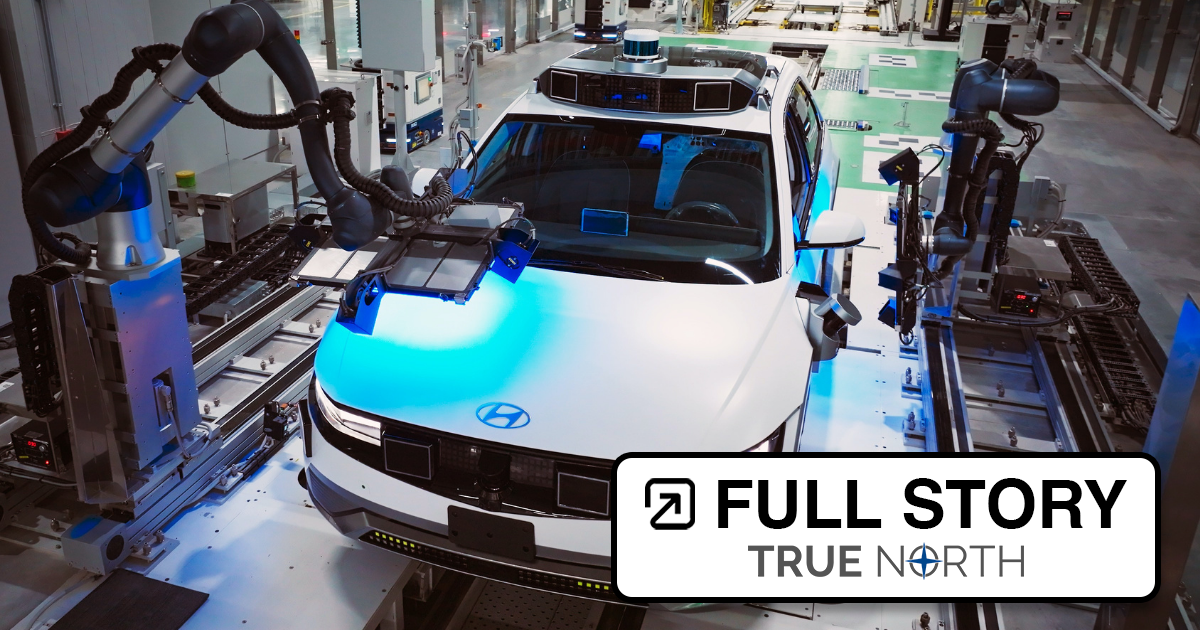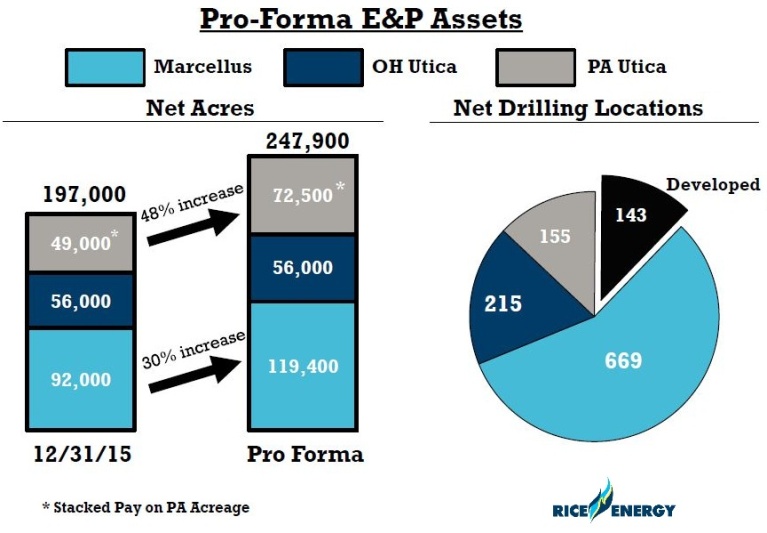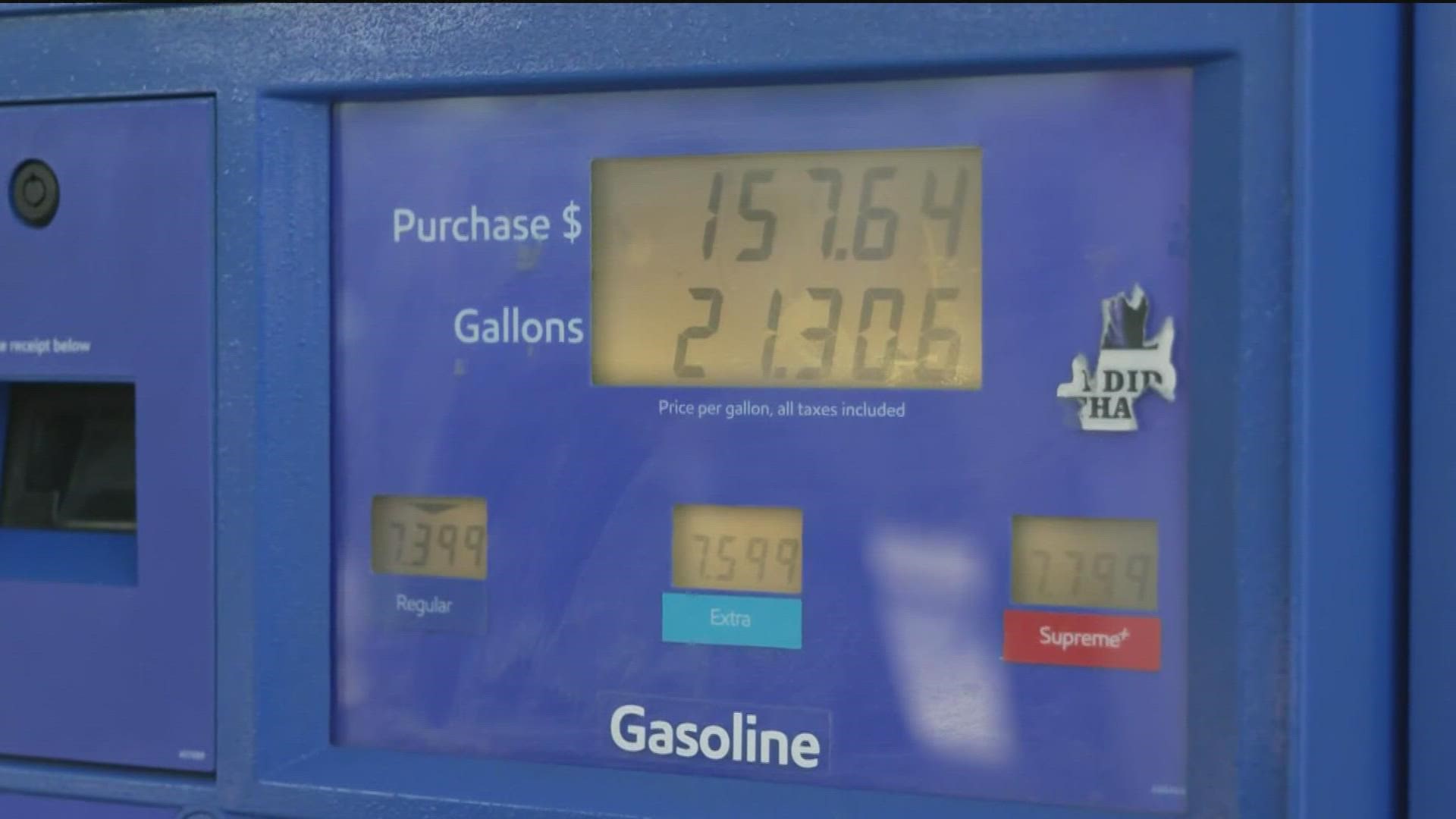EV Mandate Opposition Grows: Car Dealers Intensify Fight

Table of Contents
Financial Burden and Infrastructure Gaps
The transition to EVs demands substantial investment in infrastructure for dealerships. This includes installing and maintaining expensive charging stations, retraining staff on EV technology, and potentially adapting showroom spaces. Many dealers, particularly smaller ones, lack the financial resources for these costly upgrades, raising concerns about profitability and even business closures. The economic impact of the EV mandate on smaller dealerships is particularly acute.
- High upfront costs of installing EV charging infrastructure: The cost of installing fast chargers, particularly those capable of handling the latest generation of EVs, can run into tens of thousands of dollars per station.
- Lack of government support for infrastructure development in underserved areas: Many rural areas lack the grid capacity to support widespread EV adoption, creating a significant challenge for dealers in these regions. Government incentives need to be geographically equitable.
- Uncertainty about consumer demand and return on investment: Dealers are hesitant to invest heavily in EV infrastructure without a guarantee of sufficient consumer demand to justify the expense.
- Potential for stranded assets (gas-powered vehicle infrastructure): Dealerships have significant investments in infrastructure designed for gasoline-powered vehicles. The rapid shift to EVs risks rendering some of these assets obsolete.
Consumer Demand and Readiness Concerns
Despite growing awareness of EVs, consumer adoption remains slower than anticipated. Concerns about range anxiety, charging times, and the availability of charging stations continue to hinder widespread adoption. Dealers argue that aggressive EV mandates without addressing these consumer concerns will damage the market and harm sales. The lack of charging infrastructure directly impacts consumer confidence and slows the overall adoption rate.
- Range anxiety remains a significant barrier to EV adoption: Many consumers are hesitant to purchase EVs due to concerns about running out of charge before reaching a charging station.
- Charging infrastructure is insufficient to meet projected EV demand: The current network of charging stations is inadequate to support the projected increase in EV sales, leading to long wait times and inconvenient charging experiences.
- Lack of consumer education on EV technology and benefits: Many consumers lack a clear understanding of EV technology, maintenance, and the overall benefits of owning an electric vehicle.
- Concerns about the longevity and resale value of electric vehicles: Uncertainty surrounding the long-term durability of EV batteries and their impact on resale value remains a concern for potential buyers.
Impact on Dealer Profitability and Job Security
Dealerships face potential job losses and reduced profitability as the shift to EVs necessitates retraining staff and potentially downsizing due to decreased demand for traditional vehicles. This transition poses a significant economic challenge, leading to intense opposition to mandates that seem to disregard these economic realities. The automotive jobs market is already feeling the pressure of this transition.
- Reduced service revenue from EVs compared to internal combustion engine vehicles: EVs have fewer moving parts than gasoline-powered vehicles, leading to less frequent and less costly maintenance.
- Need for specialized training to service and repair electric vehicles: Dealerships require significant investment in training their technicians on the unique aspects of EV repair and maintenance.
- Potential for dealership closures and job losses due to decreased sales: A rapid shift to EVs could lead to decreased demand for gasoline-powered vehicles, resulting in potential dealership closures and job losses.
- Uncertainty surrounding the long-term economic viability of EV dealerships: The long-term economic prospects for EV dealerships remain uncertain, particularly for smaller dealerships lacking the resources to adapt to the changing market.
The Role of Government Support and Policy
Dealers emphasize the need for a balanced approach, suggesting that government support should focus on making EV ownership more accessible and affordable for consumers and supporting infrastructure development and dealer transition. This includes targeted incentives, rebates, and tax credits to mitigate the financial burden on both consumers and dealers. A well-structured policy could greatly alleviate the concerns of car dealers and support a smoother transition.
Conclusion
The growing opposition to EV mandates from car dealers highlights the complex challenges of transitioning to an electric vehicle future. While the shift to EVs is essential for environmental sustainability, a more balanced approach is crucial. This approach must address the concerns of dealers, consider consumer readiness, and prioritize infrastructure development. Ignoring these concerns could stifle EV adoption and negatively impact the automotive industry. Policymakers must engage in constructive dialogue with the car dealer community to find solutions that promote sustainable transportation while ensuring the economic viability of the automotive industry. It’s time for a more nuanced discussion surrounding the EV mandate to create a sustainable future for both consumers and dealerships.

Featured Posts
-
 Alcons 417 5 Million Acquisition Of Village Roadshow Stalking Horse Bid Successful
Apr 24, 2025
Alcons 417 5 Million Acquisition Of Village Roadshow Stalking Horse Bid Successful
Apr 24, 2025 -
 Is Open Ai Buying Google Chrome Understanding The Latest Statements
Apr 24, 2025
Is Open Ai Buying Google Chrome Understanding The Latest Statements
Apr 24, 2025 -
 California Gas Prices Soar Newsoms Plea For Oil Industry Cooperation
Apr 24, 2025
California Gas Prices Soar Newsoms Plea For Oil Industry Cooperation
Apr 24, 2025 -
 Luxury Car Sales In China Analyzing The Struggles Of Bmw Porsche And More
Apr 24, 2025
Luxury Car Sales In China Analyzing The Struggles Of Bmw Porsche And More
Apr 24, 2025 -
 Chinese Buyout Firms Potential Sale Of Chip Tester Utac
Apr 24, 2025
Chinese Buyout Firms Potential Sale Of Chip Tester Utac
Apr 24, 2025
